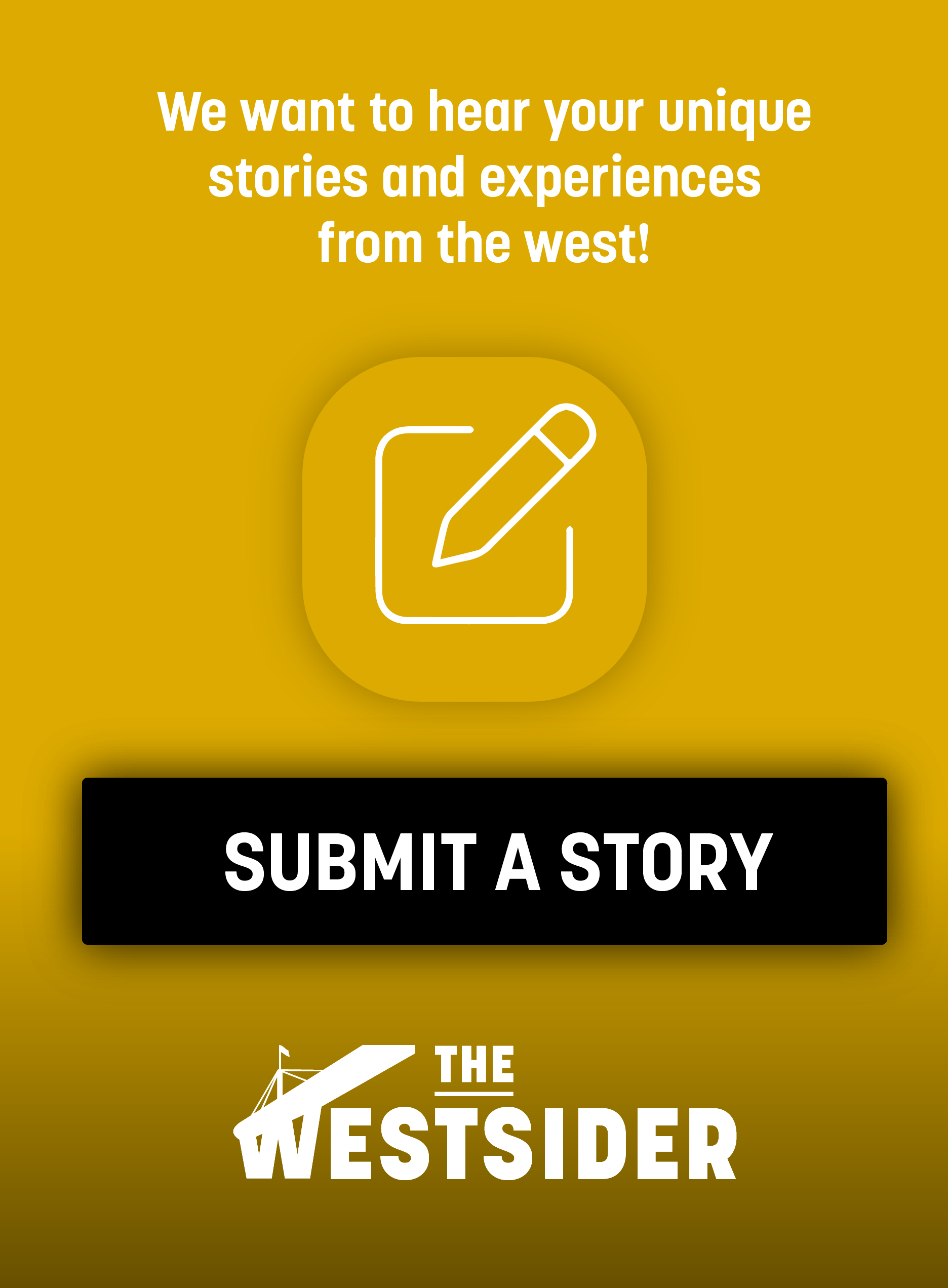Whether you’re sweeping, doing the dishes, or even putting your feet up and sipping a cool beverage,”Its a tough job, but somebody has to do it” is a common saying around many households.
But there are plenty of jobs in our community that are rarely seen or spoken about, performed by those committed to helping others, people who are prepared to give a few hours a week to ‘muck in’ and just get it done. The Westsider recently met Operations Manager Bill O’Connor and volunteer mentor Fiona Tribe representing YouthNow, an organisation who are seeking more people to undertake those tasks – people just like you and me.
In 2009 Kevin Rudd had a vision and ensured the government put aside money for youth mentoring programs. Key organisations were then funded, and although they’ve had various monikers over the last 20-odd years, the name YouthNow stuck about four years ago and is the brand going forward as they seek greater exposure for their work. They currently run four programs; Mentoring, Careers Now, Learn Local, and the jobseeker activity, BiZe Centre.
Through Learn Local, YouthNow are placing mentoring programs into Brimbank, Melton, Caroline Springs and are looking for more volunteers to become mentors.
Mentors meet up for a chat with their mentees once a week and just let them lead the conversation; about life, relationships, families and careers. It might sound simple, but these are important exchanges between experienced people and youths who potentially may have few adults in their life, limited social experience and a cloudy view of the workplace and their future.
Mentors don’t need to be a particular age or from a particular background or profession, and the commitment is about 11 weeks, for an average of one hour a week. There are generally about ten mentors at any one time, but just one youth per mentor.
When Bill goes into a school, it is up to the school to decide who is at risk or in need of assistance, but the youths must opt in to the program themselves.
Its an innovative initiative that needs people, and one that Bill hopes will also attract more government funding; “We have two different mentoring programs; both in the community and schools. Essentially what we are hoping for is to get some good exposure about the benefits of mentoring so that we can encourage people to become mentors.“
When Bill was asked what he saw as a successful outcome of mentoring, he said; “To have a good relationship with the mentor at the end of the program. If a young person goes away feeling better about themselves and just that little bit more positive about their opportunities for a career than that is the outcome we are wanting. Some will get jobs in that time and others will just be much better prepared to go out and find work and feel better connected.”
Fiona Tribe has been volunteering since the beginning of this year. In her professional life, she had seen many young people struggle in their first jobs – particularly those without a support network such as family or friends; “When you throw them into this whole new world it can be a bit difficult!”
So what helps someone like Fiona take that first step into volunteering? “I wanted to do something for my community. I’m Sunshine born and bred so I wanted it to be local. I got involved because I have always loved working with young people and I work with them in my role in HR and Marketing in law firms and professional services. So youth mentoring has always been something I have been interested in.”
Like other volunteer mentors, Fiona found the mentoring program to be flexible – she never felt pressured to put in any more time than she wanted to; “If you’re balancing work and volunteering, you want it to be something that you can work around your life and your work timetable, you don’t want it to be something that is overly demanding.”
The value in these new relationships isn’t just one-way. Some of the great successes for mentors include helping someone who is reluctant or closed off to start opening up, sharing the excitement of a young person’s first job interview, or listening to them come up with ideas about the kind of jobs or careers they would like to investigate. Sometimes its as simple as witnessing a greater confidence in the young person and seeing fresh hope as they talk more positively about things that they could achieve. “It opens up your own learning, I have learnt a lot from people I mentor.” said Fiona.
So what happens next? For Bill, its the hope that the people and money somehow connect with this great initiative and that the effort of the past few years is not lost – that these important community needs continue to be serviced.
And Fiona’s last word on her own role and her message to others who may be interested? “I can’t imagine not doing youth mentoring now, it gives you a lot of balance between your work life and your life outside work. Stop thinking about the mentoring and just actually make the effort to see what is out there and connect and ask questions. Just take your first step!”


